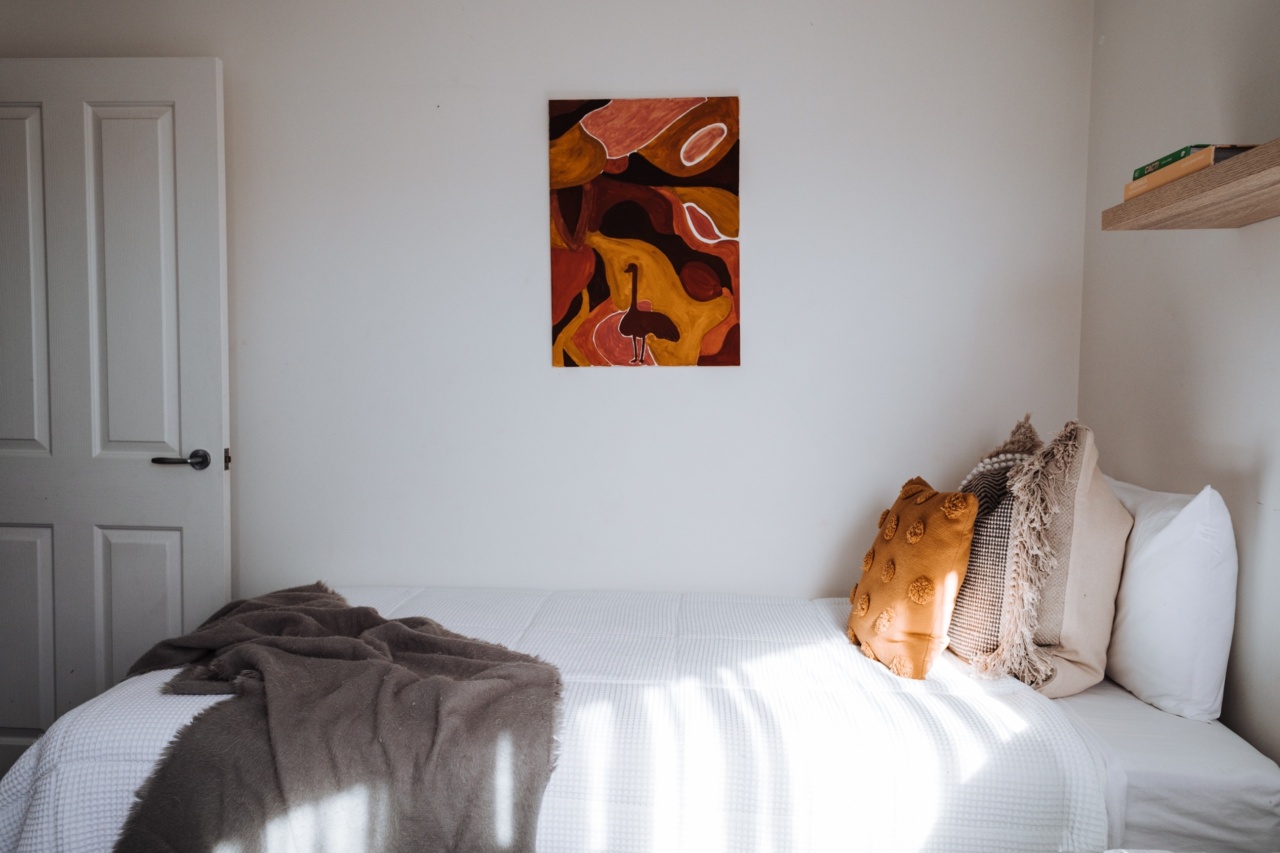Insomnia is a common sleep disorder that affects millions of people worldwide. It can be caused by several factors such as stress, anxiety, depression, and medical conditions.
Insomnia can be a debilitating condition that can negatively affect a person’s quality of life, leaving them feeling tired, fatigued, and irritable throughout the day. However, with a few lifestyle changes and simple treatments, insomnia can be easily managed, allowing for a better night’s sleep and a more productive day.
Symptoms of Insomnia
The primary symptom of insomnia is the inability to fall asleep or stay asleep.
People with insomnia may experience other symptoms like waking up too early in the morning, feeling unrested despite getting enough sleep, feeling sleepy or fatigued throughout the day, having difficulty concentrating, or experiencing mood changes like irritability, anxiety, or depression.
Causes of Insomnia
Insomnia can be caused by several factors, including:.
- Stress: Stress and anxiety are common causes of insomnia. When a person experiences excessive stress, their body releases hormones like adrenaline and cortisol, which can make it difficult to fall asleep.
- Medical Conditions: Certain medical conditions like chronic pain, asthma, hyperthyroidism, or acid reflux can interfere with a person’s ability to sleep.
- Medications: Certain medications like antidepressants, blood pressure medications, or allergy medications can cause insomnia as a side effect.
- Lifestyle Factors: Drinking caffeine or alcohol, eating a heavy meal before bedtime, or irregular sleep schedules can contribute to insomnia.
Treatment for Insomnia
There are several simple treatments for insomnia that can help people achieve a better night’s sleep. These include:.
- Improving Sleep Hygiene: Establishing a regular sleep routine, going to bed and waking up at the same time every day, creating a comfortable sleep environment, and avoiding stimulating activities before bedtime.
- Relaxation Techniques: Practicing relaxation techniques like deep breathing exercises, meditation, or yoga before bedtime can help reduce stress and promote relaxation.
- Cognitive Behavioral Therapy for Insomnia: This therapy involves identifying and changing negative thoughts and behaviors associated with sleep.
- Medications: In some cases, over-the-counter or prescription sleep medications may be suggested by your doctor.
Prevention of Insomnia
There are several ways to prevent insomnia from occurring, including:.
- Regular Exercise: Exercising regularly can help improve sleep quality and reduce stress.
- Limiting Caffeine and Alcohol: Limiting caffeine and alcohol intake, especially before bedtime, can help prevent insomnia from occurring.
- Avoiding Heavy Meals: Eating a light evening meal and avoiding heavy meals before bedtime can promote better sleep.
- Creating a Sleep-Friendly Environment: Creating a comfortable environment, with proper lighting, temperature, and noise reduction, can promote better sleep.
Conclusion
Insomnia is a common sleep disorder that affects many people worldwide. It can have a significant impact on a person’s quality of life, leaving them feeling tired and unable to focus throughout the day.
But with a few simple lifestyle changes and treatments, it can be easily managed. By improving sleep hygiene, practicing relaxation techniques, and identifying and changing negative thoughts and behaviors surrounding sleep, people can achieve a better night’s sleep and experience a more productive and fulfilling day.































